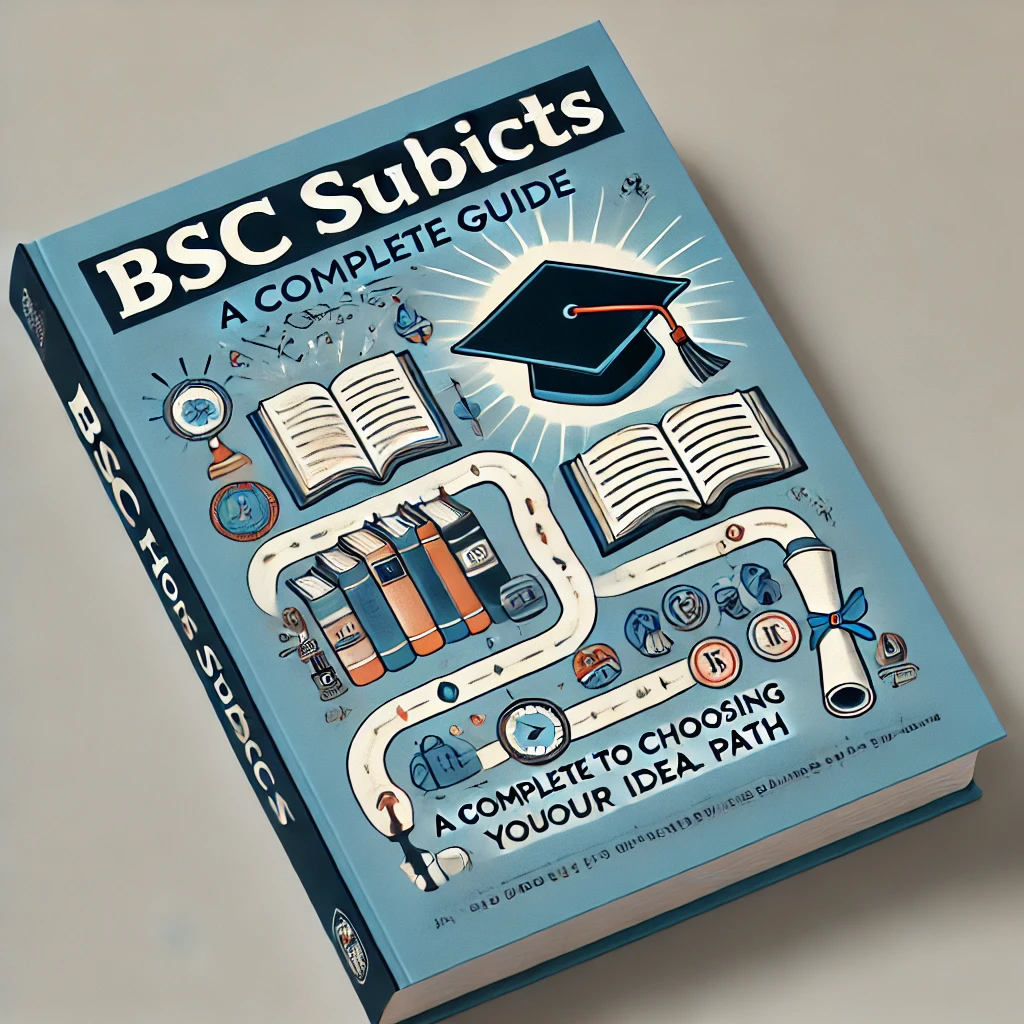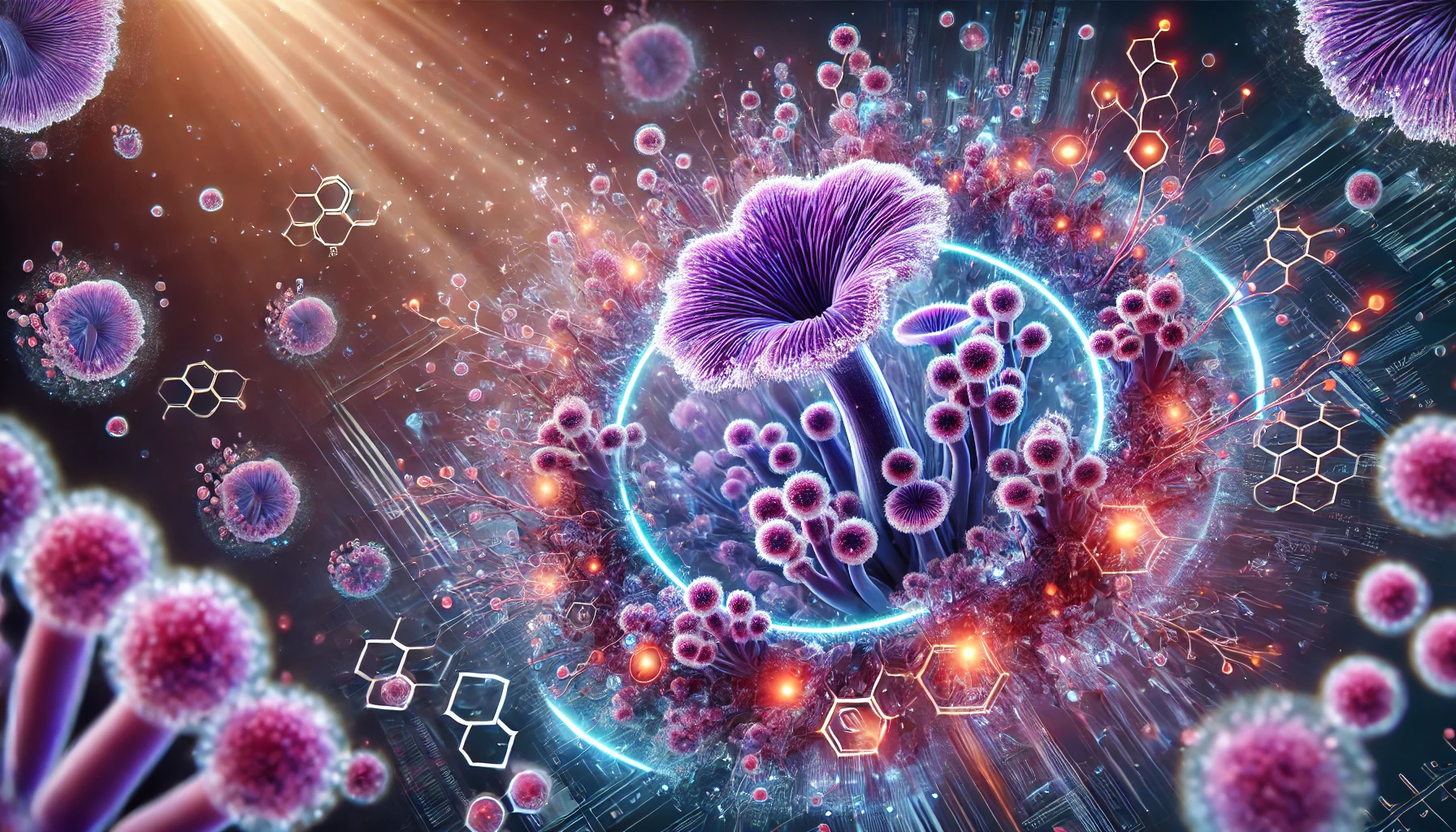Introduction
Are you thinking about pursuing a BSc Hons degree but unsure which subjects to pick? Don’t worry; you’re not alone! Choosing your BSc Hons subjects can be a daunting task, especially with the variety of options available. From Biology and Chemistry to Computer Science and Environmental Studies, this degree offers a wide range of specializations that cater to different interests and career paths. In this post, we’ll break down the most popular BSc Hons subjects, the skills each subject develops, and what career opportunities you can expect after graduation. Let’s dive in and make your subject selection a little easier!
What is a BSc Hons Degree?
A Bachelor of Science (Honours), or BSc Hons, is an undergraduate degree program designed for students who want to specialize in a particular field of science. Unlike a general BSc, which offers a broader view, a BSc Hons is more focused and provides in-depth knowledge in your chosen subject. It’s a degree that not only develops technical expertise but also fosters analytical and critical thinking skills.
Most BSc Hons programs are completed over three or four years, depending on the country and institution. The program includes core subjects in the first year, allowing you to gain a foundation before diving into your specialization in the later years.
—
Popular BSc Hons Subjects
Here’s a look at some of the most popular subjects available in a BSc Hons program. Each one comes with its unique benefits, challenges, and career paths.
—
1. Biology
Overview: Biology focuses on the study of life and living organisms. You’ll dive deep into areas like genetics, ecology, molecular biology, and more.
Skills Developed: Research, analytical thinking, problem-solving, and laboratory techniques.
Career Opportunities: Biologist, environmental consultant, lab technician, or researcher.
2. Chemistry
Overview: Chemistry explores the properties, composition, and reactions of matter. It’s often called the “central science” because it bridges other natural sciences.
Skills Developed: Laboratory skills, critical thinking, quantitative analysis, and chemical safety.
Career Opportunities: Chemist, pharmacologist, chemical engineer, or forensic scientist.
3. Physics
Overview: Physics is the study of matter, energy, and the fundamental forces of nature. It’s ideal for those who enjoy understanding the laws that govern the universe.
Skills Developed: Analytical skills, mathematical proficiency, problem-solving, and data analysis.
Career Opportunities: Physicist, data analyst, scientific researcher, or aerospace engineer.
4. Computer Science
Overview: Computer Science deals with the study of computers, algorithms, and programming. It’s a versatile field with applications in nearly every industry.
Skills Developed: Coding, data structures, algorithm design, software development, and problem-solving.
Career Opportunities: Software developer, data scientist, systems analyst, or cybersecurity specialist.
5. Environmental Science
Overview: This subject focuses on studying the environment, including ecosystems, climate change, and sustainability.
Skills Developed: Research, critical thinking, environmental analysis, and fieldwork skills.
Career Opportunities: Environmental consultant, conservationist, environmental scientist, or sustainability manager.
6. Mathematics
Overview: Mathematics in a BSc Hons degree often covers both pure and applied math, including topics like calculus, algebra, and statistics.
Skills Developed: Logical reasoning, quantitative analysis, statistical skills, and critical thinking.
Career Opportunities: Mathematician, data analyst, actuarial scientist, or financial analyst.
7. Psychology
Overview: This subject involves the study of human behavior, mental processes, and emotional responses.
Skills Developed: Research methods, analytical skills, observational skills, and psychological assessment.
Career Opportunities: Clinical psychologist, counselor, HR specialist, or social worker.
How to Choose the Right BSc Hons Subject
Deciding on a subject can feel overwhelming, but here are a few tips to help you make the right choice:
Assess Your Interests: Think about the subjects that genuinely interest you. Passion can drive motivation and make your studies more enjoyable.
Consider Your Career Goals: Some subjects lead directly to certain career paths. If you have a specific job in mind, choose a subject that aligns with that career.
Evaluate the Job Market: Research job demand in your country or the region where you plan to work. Certain fields, like technology and environmental science, are currently in high demand.
Identify Your Strengths: Play to your strengths! If you’re strong in math, consider fields like physics or computer science. If you’re more interested in people, psychology could be a good fit.
Benefits of Pursuing a BSc Hons Degree
A BSc Hons degree provides more than just subject knowledge. Here are some of the key benefits:
Specialized Knowledge: Gain a deep understanding of your chosen field, preparing you for specialized roles.
Career Advancement: Many employers value a BSc Hons degree because it demonstrates a strong commitment and expertise in a specific area.
Skill Development: From analytical thinking to problem-solving, a BSc Hons program helps you develop critical skills applicable in various industries.
Networking: You’ll have opportunities to meet professors, industry experts, and peers who can help you in your career journey.
Conclusion
Choosing your BSc Hons subjects is an exciting yet challenging decision. Each subject offers a unique perspective and set of skills that can shape your future career. Whether you’re passionate about biology, chemistry, computer science, or psychology, a BSc Hons degree opens up a world of opportunities. Take your time to explore your options, and choose a subject that aligns with your interests and career goals. Remember, this degree is a stepping stone toward a fulfilling career!
FAQs
1. What’s the difference between a BSc and BSc Hons?
A BSc Hons degree provides a more in-depth and specialized study of a subject, whereas a general BSc may cover a broader range of topics with less focus.
2. Can I pursue a BSc Hons degree without a science background?
Most BSc Hons programs require a science background, but there may be exceptions depending on the subject and institution. Check the entry requirements of the university you’re interested in.
3. Is a BSc Hons degree necessary for a career in science?
Not always, but it can provide a competitive edge and deeper knowledge, especially if you’re aiming for specialized roles or further studies.
4. How long does it take to complete a BSc Hons degree?
Typically, it takes three to four years, depending on the country and university.
5. What are some lesser-known but interesting BSc Hons subjects?
Subjects like geology, biotechnology, and forensic science are unique options that offer exciting career prospects and hands-on experiences.
In the end, selecting your BSc Hons subject is a personal decision that should reflect your interests, strengths, and career aspirations. Explore your options, consult with advisors, and make a choice that excites you for the years to come!








